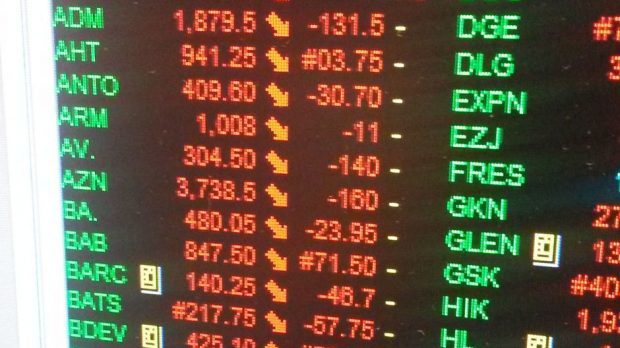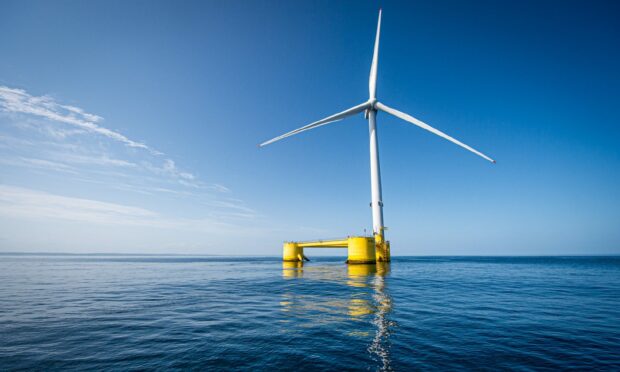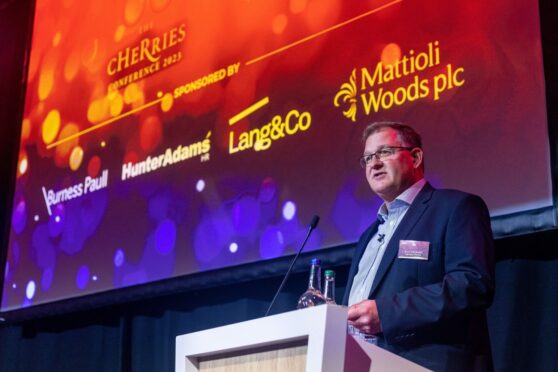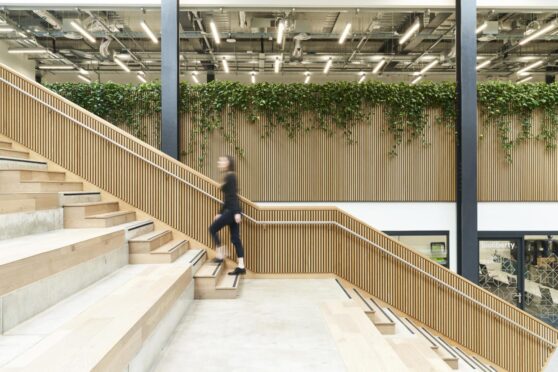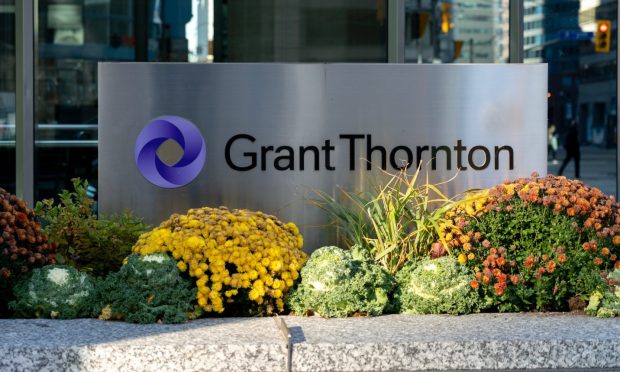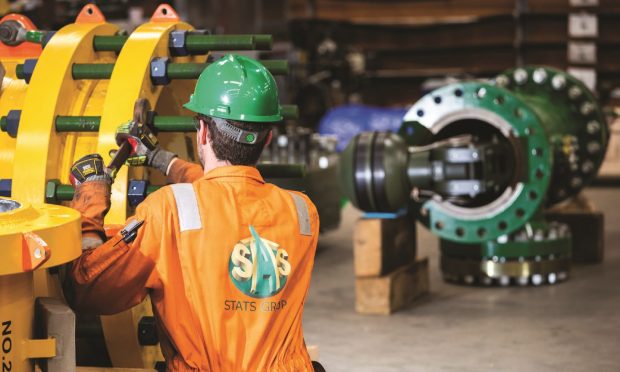Investment managers and stockbrokers at Grampian and Highland firm Redmayne-Bentley have given a cautiously optimistic set of forecasts for stock markets during the year ahead.
They expect the FTSE 100 Index to behave like a crab during 2017, with just over half predicting London’s main market will not move significantly up down overall.
Redmayne-Bentley’s financial experts also expect fewer bull markets next year, with overseas equities seen as the best bet for gains next year.
Strong economic growth across the Atlantic could boost the Footsie but a potential European banking crisis could weigh heavily, while UK interest rates and inflation could both rise higher than many people expect, they said.
Pharmaceuticals was identified as the sector most likely to do well, with drug firm AstraZeneca the most favoured blue-chip stock, while retail was named as the main area to avoid.
Redmayne’s team were largely neutral on the UK’s economic prospects but a majority said gross domestic product growth would meet or even exceed expectations despite the Office of Budget Responsibility forecasting Brexit-related uncertainty would hold back growth in 2017.
Emma Plumpton, investment manager at the firm’s branch in Huntly, said: “Inflation and uncertainty are going to be the key issues for the UK economy in 2017.
“The fall in the pound and a stabilising/increasing oil price means that goods are going to start to cost more and increase ahead of wage rises, causing a pinch for consumers.
“In addition to this is the uncertainty surrounding the Brexit vote and the triggering of Article 50.
“What impact that has on British business remains to be seen but the uncertainty is likely to drive further volatility in the UK markets next year.”
Although overseas equities were the most popular asset class choice for 2017, Redmayne said nearly half of its team favoured the “soon-to-be Trumponomics-powered” US equity market.
The firm added: “The predictions put forward in this year’s survey were varied and it is worth bearing in mind that these are ideas, rather than recommendations to buy or sell shares in the investments mentioned.
“There is a slightly more pessimistic feel to this year’s survey, compared to last year.
“Last December, 43% classed themselves as bulls (optimistic) when looking ahead to 2016 but this figure has reduced for 2017’s outlook and the number of bears (pessimistic) has increased from 10% to 15%.”
In last year’s survey, Redmayne’s team predicted an average Footsie high point of 6,900 for 2016.
The market hit an all-time high of 7,129.83 in October as the pound fell against the US dollar to a 31-year low and after the government set out its timetable for Brexit.
Low oil prices and concerns over a potential global recession drove the index to a year low of 5,500 in February, below the low point average of 5,729 forecast by Redmayne’s team.
When asked how they thought the FTSE 100 would move during 2017, this year’s survey respondents forecast a high point of 7,262 and a low of 6,242.
